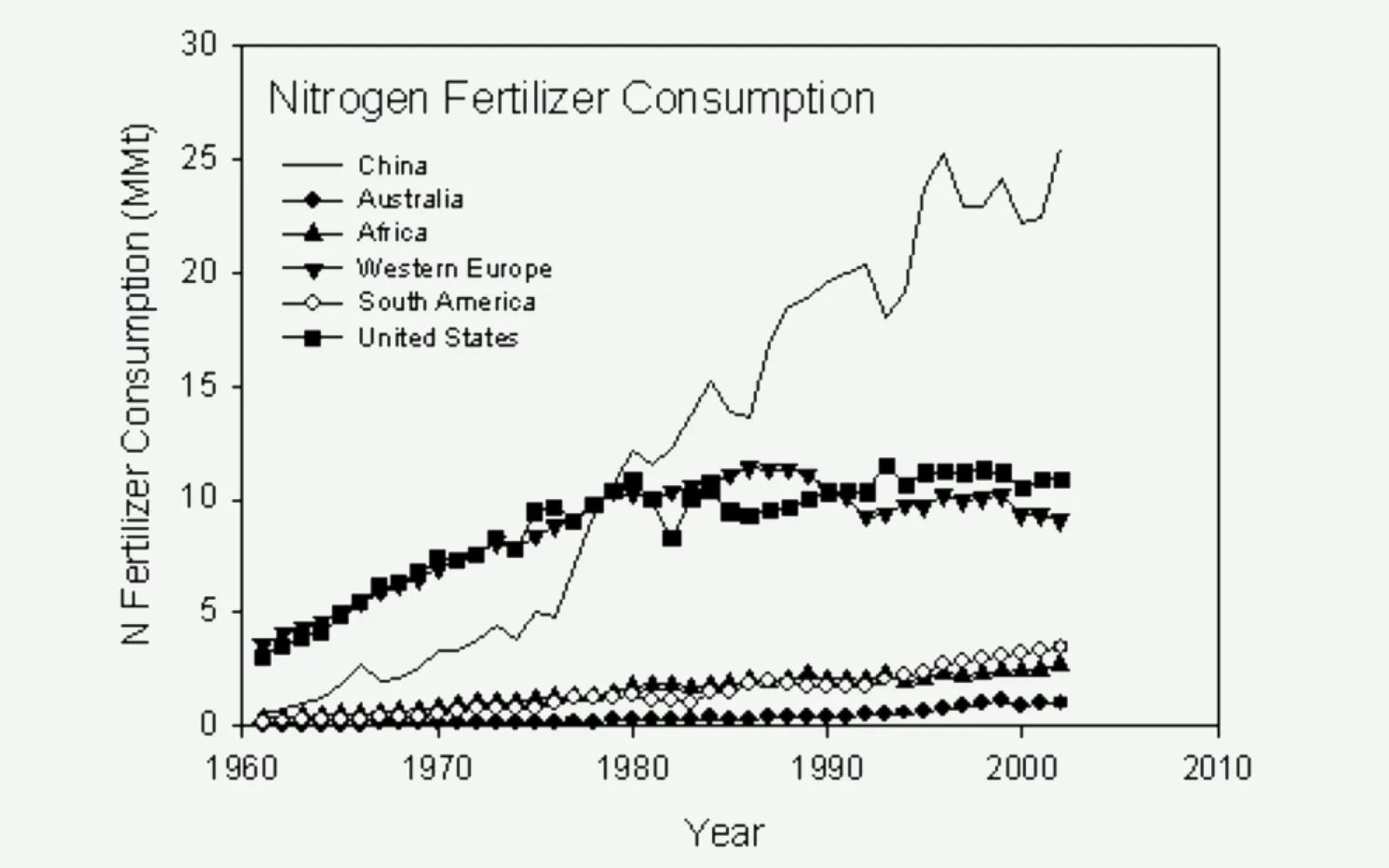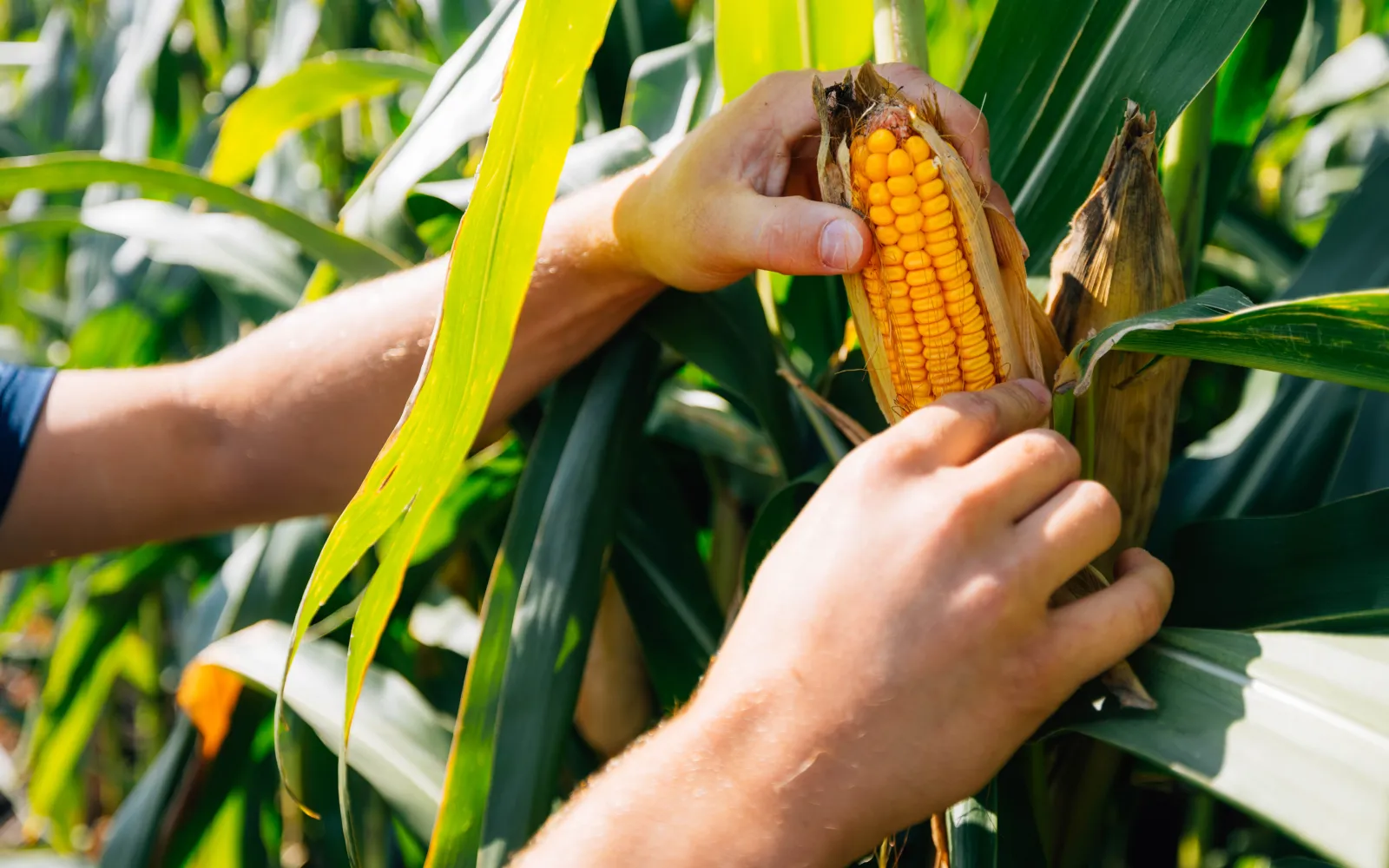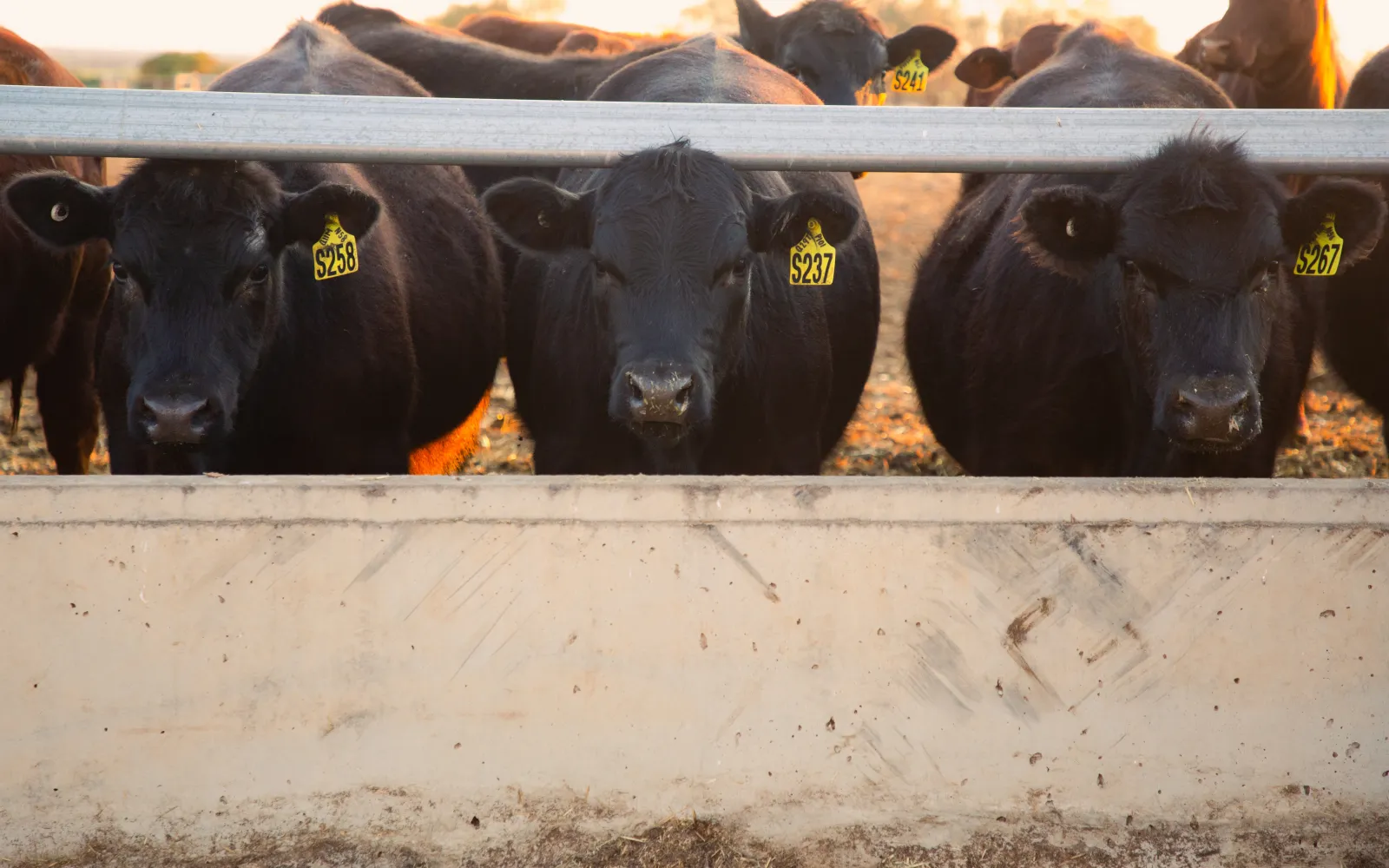

Pivot Bio
Reprogramming soil microbes to produce nitrogen sustainably
We’re excited to announce Pivot Bio’s $70 million Series B, the result of the company’s outstanding success since DCVC led its Seed and co-led its Series A. Pivot Bio is continuing its march to replace synthetic fertilizer with proprietary nitrogen-producing microbes, which will slash agricultural pollution, world energy use and greenhouse gas emissions. The company is delivering results for corn at scale today and has demonstrated the ability to address other staple crops.
Simply put, Pivot Bio has the near-term potential, demonstrated in real fields, with experienced and demanding farmers, to obsolete most of the $212 billion a year chemical fertilizer industry.
We invested in Pivot Bio because its computational biology breakthroughs attack this immense market, turning agriculture into a more productive, environmentally friendly industry — while dramatically improving farmer profitability and sustainability. DCVC’s unique “Deep Tech” focus and deep bench have enabled us to actively help the team from science and intellectual property strategy, to hiring, to funding and commercialization.
Pivot Bio’s computational approach to microbe identification and directed evolution, the huge (but underinvested) market they attack, and their team of world-class experts exemplify DCVC’s investment thesis. We’re proud to help the company profitably tackle urgent global agricultural cost and productivity issues while making the Earth a cleaner, better place.
Pivot Bio’s progress has attracted the attention of justifiably selective investors who led the Series B: Breakthrough Energy Ventures, a fund backed by a coalition of billionaires that invests in solutions to address climate change, along with major participation from one of the top ten largest sovereign wealth funds.
Let’s take a moment to understand the full impact that Pivot Bio delivers to global agriculture and a healthy planet, and what’s on their disruptive road-map.
Pivot Bio’s nitrogen-fixing microbes take orders of magnitude less energy to make than synthetic fertilizer and do not generate large amounts of greenhouse gas in their production or delivery. This doubly reduces their environmental impact, and the decreased energy use reduces costs for farmers.
These microbes matter because every step of fertilizer’s lifecycle — from its production to runoff to eventual degradation — wreaks havoc on the environment. Fertilizer manufacturing consumes at least 2% of world energy and generates 2.5% of carbon emissions (i.e., 1.7% of total greenhouse gas emissions). Nitrous oxide — a greenhouse gas 265 times more potent than CO2 — emitted from degrading fertilizer accounts for 4.5% of greenhouse gas emissions. Fertilizer’s share of these two gases makes it responsible for at least 6.2% of world greenhouse gas emissions. However, these estimates omit the significant infrastructure built around fertilizer’s inputs and outputs. We believe including these infrastructure inputs could put the figure as high as 10%.
The microbes can be applied during the planting process, eliminating the time and money farmers spend on fertilizer application, and further reducing environmental footprint from fewer farm vehicles running around the clock, all over the world.
Synthetic fertilizer causes severe pollution because very little of it stays where it is supposed to. About 80% of fertilizer degrades before crops can use it, an average 20% of which becomes runoff or leaches into groundwater. In the US alone, this nutrient pollution impairs 15,000 bodies of water, 101,000 miles of rivers and streams, and two thirds of our coastlines. Nutrient pollution causes algal blooms toxic to humans and marine animals. Decaying algal blooms also create vast “dead zones” devoid of aquatic life because their decomposition absorbs oxygen from the water. The Gulf of Mexico hosts the largest of these zones, due to runoff from the 31 states in the Mississippi River Basin. This flood of fertilizer kills off nearly every living creature in 5,840 square miles every summer.
Pivot Bio’s microbes form a tight relationship with the crops’ roots and provide the right amount of nitrogen at every point in their lifecycle. This relationship virtually eliminates nitrogen runoff and leaching from chemical fertilizer, saving tens of billions of dollars per year in regulatory costs and damage to rivers, lakes, and oceans that sometimes wipe out entire fisheries.
Pivot Bio’s technology can support other staple crops like wheat, rice, and soy, and Pivot Bio has already demonstrated effectiveness in the lab and beyond. There is a real urgency to delivering “living fertilizer” to staple crops worldwide, as nitrogen fertilizer is getting both more essential — and less effective and more costly (in dollars and pollution).
Fertilizer use has grown steadily despite its environmental problems, with a nearly 4x increase in consumption in the last 50 years. Specific farming practices can mitigate fertilizer’s damage, but they cannot eliminate it, and these techniques have not become widespread enough to have their desired effect. 65% of crop acres in the US still need improved nitrogen management.
Unfortunately, as fertilizer use continues to increase, its efficiency has dropped significantly because farmers systematically overapply fertilizer – despite its diminishing returns – as they pursue maximum crop yield. The percent of nitrogen fertilizer converted to harvested crops has slipped from 68% in the early 1960s to 47% today. The rest becomes pollution.
We (regrettably) cannot disown nitrogen fertilizer at this point: it feeds 48% of the world’s population. When 3.5 billion lives hang in the balance, promptly abandoning the practice isn’t an option.
Pivot Bio’s microbes tailor their nitrogen production to corn’s (and other staple crops’) growth stages, and the microbes’ relationship with the crops’ roots provides a steadier nitrogen source than intermittent fertilizer applications do.
The microbes have to date provided 35 pounds of nitrogen per acre on average — about 20% of the 130 – 200 pounds usually applied to corn. Pivot also tested their next generation of microbes, whose production capabilities had already increased to around 100 pounds of nitrogen per acre. Pivot Bio has a clear path forward, based on lab and greenhouse results, to increase their microbes’ nitrogen production to 150 pounds per acre — enough to replace traditional nitrogen fertilizer.
We invested in Pivot Bio because they are making environmentally-friendly fertilizers that eliminate cost, complexity, and pollution while increasing farmer productivity and global feed security — all at the same time, all profitably.
Pivot Bio’s field trials generated incredible results, and the company has exciting numbers from their ongoing in-field Intent to Pivot program which we’re sure we’ll be sharing with you soon. Pivot Bio’s nitrogen-fixing microbes are revolutionary, and the computational breeding platform they’ve built opens the door for an endless variety of beneficial microbes. Congratulations to the Pivot Bio team — we’re excited to watch you change the world!






